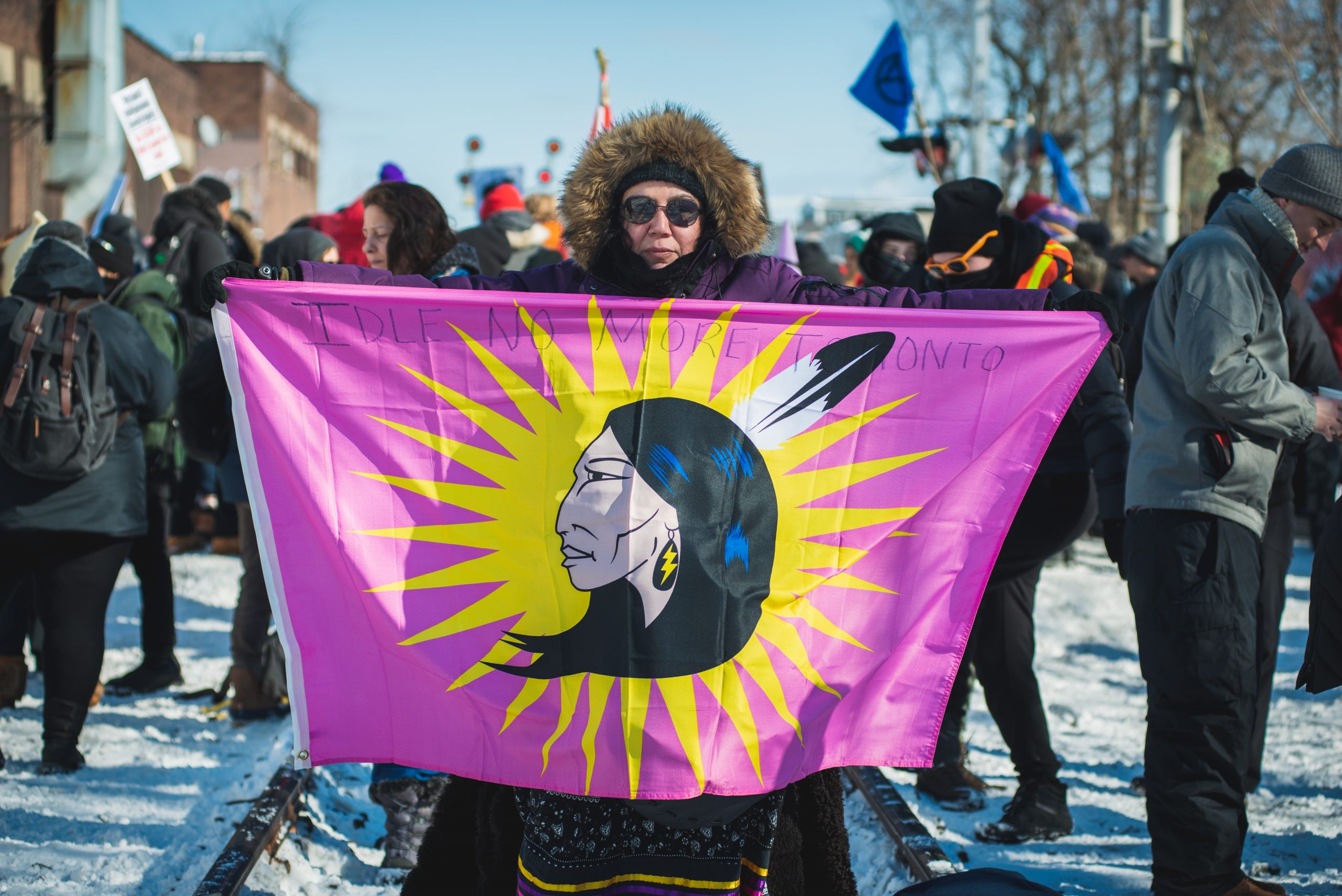Business Ethics
10 Societal Expectations and the 92nd Call to Action
Learning Objectives
- Apply and interpret the societal expectations and the duty to commit to meaningful consultation to gain support for economic opportunities.
- Demonstrate an understanding of the 92nd call to action and what this means in the business sector.

When Industry considers future development opportunities in British Columbia, it will be essential to recognize that First Nations people are interested in economic opportunities for their communities and have “the right to maintain and develop their political, economic and social systems or institutions, to be secure in the enjoyment of their own means of subsistence and development, and to engage freely in all their traditional and other economic activities” (UN General Assembly, 2007, Article 20). This is guaranteed by UNDRIP and under section 35 of the Constitution. Indigenous people want to prosper just like any other Canadians as long as their rights are upheld and considered in the decision-making process.
There has been a significant shift in societal expectations of business practices due increased concerns about environmental impact. There are mounting pressures on Industry to meet these expectations or lose their support to operate. If societal licence is not received, communities and individuals may push back and reject a project. This shift creates an environment that encourages new connections between industrial proponents, First Nations, and the communities affected by proposed projects. As a result, the way Indigenous communities participate in industrial projects has evolved. Initially, Nations might receive royalties, including sums of money provided as payment for projects on First Nations territory.
However, this form of compensation does not involve any direct participation by the affected First Nation. Impact and Benefit Agreements (IBA) were created to rectify the problem of a lack of First Nations involvement in the decision-making of a project. According to an article on IBAs by SHK Law Corporation, an IBA is a contract that “outline[s] the parameters of the project, the commitment and responsibilities of both parties, and how the First Nations will share in benefits of the operation.” The significance of this shift is in the level of participation and responsibilities from both parties. More recently, there has been a shift toward integrated management. Federal, provincial and First Nation governments are coming together to discuss issues nation to nation and with other stakeholders. This collaboration brings First Nations interests to the table to address both environmental sustainability and economic prosperity.
Call to Action 92
I want to get rid of the Indian problem. I do not think as a matter of fact, that this country ought to continuously protect a class of people who are able to stand alone. That is my whole point…. Our object is to continue until there is not a single Indian in Canada that has not been absorbed into the body politic, and there is no Indian question, and no Indian department, that is the whole object of this Bill.
—Duncan Campbell Scott, deputy superintendent of the Department of Indian Affairs, 1920[1]
As a result of the treatment of Indigenous people of Canada since colonization, where the government of Canada and the Catholic Church partnered together to “get rid of the Indian problem,” the Truth and Reconciliation Commission of Canada created a Call to Action report [PDF]. This report calls the government to reconcile with the Indigenous Peoples of Canada for the mistreatment and injustices imposed on them.
The 92nd call to action speaks to businesses in Canada:
We call upon the corporate sector in Canada to adopt the United Nations Declaration on the Rights of Indigenous Peoples as a reconciliation framework and to apply its principles, norms, and standards to corporate policy and core operational activities involving Indigenous peoples and their lands and resources. This would include, but not be limited to, the following:
- Commit to meaningful consultation, building respectful relationships, and obtaining the free, prior, and informed consent of Indigenous peoples before proceeding with economic development projects.
- Ensure that Aboriginal peoples have equitable access to jobs, training, and education opportunities in the corporate sector, and that Aboriginal communities gain long-term sustainable benefits from economic development projects.
- Provide education for management and staff on the history of Aboriginal peoples, including the history and legacy of residential schools, the United Nations Declaration on the Rights of Indigenous Peoples, Treaties and Aboriginal rights, Indigenous law, and Aboriginal–Crown relations. This will require skills based training in intercultural competency, conflict resolution, human rights, and anti-racism. (Truth and Reconciliation Commission of Canada, 2015)
Merriam-Webster’s definitions of “reconcile” are “to restore to friendship or harmony” or “settle, resolve.” For Industry to operate ethically and work toward reconciliation, they need to find out what the needs of the community are. One of the challenges regarding the 92nd call to action arises whenever a company comes to a community, wanting to develop an IBA. If the company does not have a meaningful consultation, the outcome will be a negative one. When working with Indigenous communities, it is important to ensure that your company is aware of colonialism’s impacts on them. A common mistake in consultation is that Industry has failed to recognize the barriers to employment for Indigenous communities. A company may have good intentions to bring employment opportunities and promise jobs, but they forget that some Indigenous communities do not have the required credentials to apply for the jobs offered and do not help prospective applicants bridge the skills gap.
Finding out the community’s needs and consulting to find a mutual agreement is an act of operating your business ethically and is the right thing to do.
Media Attributions
-
“Idle No More activist” © Jason Hargrove. All rights reserved. This content is used by BCcampus with permission.
- Read more in Robert L. McDougall’s Duncan Campbell Scott article in The Canadian Encyclopedia. ↵

